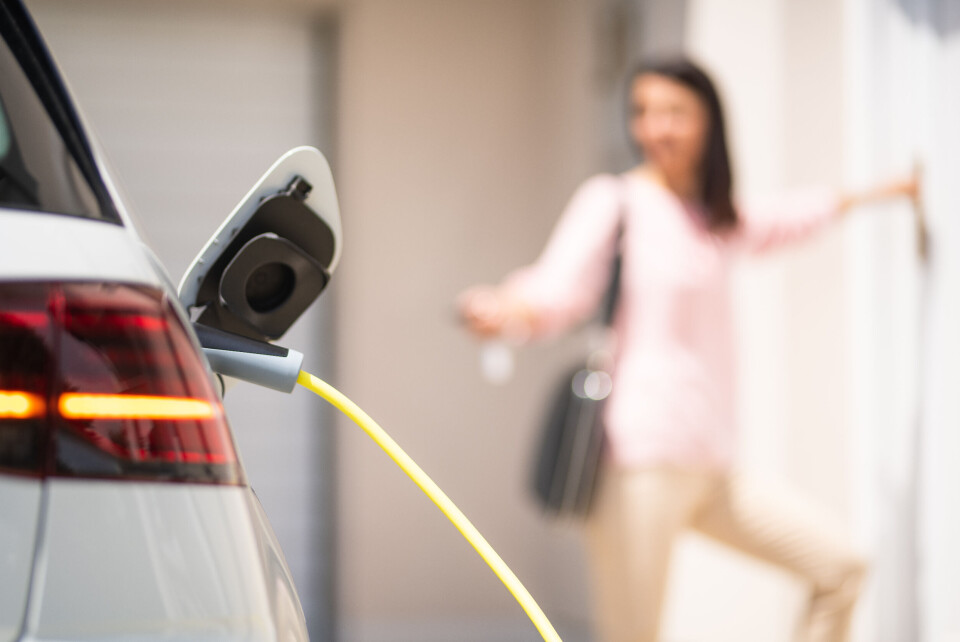-
Why more than half of French households do not pay income tax
Tax credits, ‘parts’ system and tax band increases all play their part
-
Vast majority of French departments opt to increase property notaire fees
What difference will it make to buyers and sellers?
-
French banks applying ‘irregular’ charges on clients, fraud office check reveals
The investigation into 100 banking establishments found breaches, failings, and alleged criminal practices
Tax breaks continue for installing electric car home charger in France
Drivers can install charging stations at their main and second homes and claim back up to €300 per unit

People who install electric car charging units at their main or second home in France can continue to receive tax breaks in return until December 31, 2025.
The tax credit plan had been set to end on December 31, 2023 but will now be extended until 2025. The decision was made during a vote in the Senate on the 2023 budget, and retained in law by Prime Minister Élisabeth Borne.
The cost of buying and installing a charging station is generally around €1,000 per unit.
The measure was first put in place in 2021. It is part of the government’s aim to encourage drivers to ‘go electric’ in the next 10 years.
The sale of traditional combustion vehicles is set to be banned from 2035, and there are several financial schemes in place designed to make buying an electric car easier.
Read more: Thinking of buying an electric car in France? Now may be a good time
Read more: Increased aid announced for electric car purchases in France
Read more: France to offer €30,000 loans to help buy hybrid or electric vehicles
Who can benefit from the tax credit?
It is open to everyone who pays tax in France and who instals a charging station at their main and/or second home (limited to one second home per taxpayer). They can be the owners or tenants of the home.
The tax credit is limited to one charging unit per person paying tax. For example, a taxpayer living alone can install one unit. A couple who both pay their own tax can install two.
What expenses are covered?
The cost of buying and installing a charging station (that charges one car). The work must be carried out by the company supplying the equipment (or its subcontractor).
The invoice to be used as proof of expenses must show where the work was carried out, the exact technical nature of the work and the itemised costs involved.
What is the tax break amount?
The tax credit is equal to 75% of the expense amount (purchase price including VAT + installation costs), up to a limit of €300 per charging unit.
So, for a couple who both pay tax, and who install two charging stations at their main home and two at their second home, they can get a benefit of up to €1,200.
How can I get my tax credit?
The expenses must be reported on your tax return.
If the installation was done in 2022, the expenses must be declared in the 2023 tax return for the year 2022.
Proof of expenses must be kept in case the tax authorities ask for them. If the amount of the tax credit exceeds the amount of tax owed, the excess will be refunded.
Related articles
France considers limiting electric car grants to EU vehicles only
Cost, lack of charging places: blocks on buying electric car in France
Electric car owners let down by lack of fast chargers in France
EU votes to ban new petrol and diesel cars in Europe from 2035
























